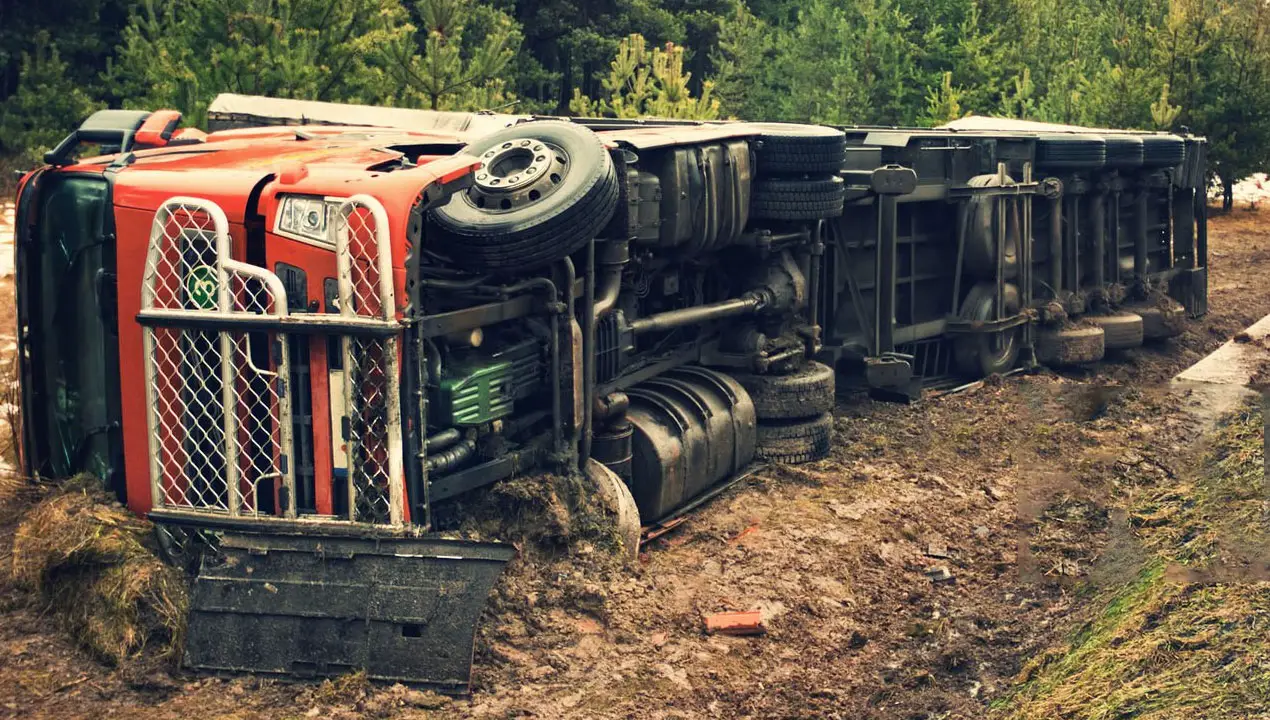Trucking accident lawsuits can be a legal labyrinth for those seeking recompense after a collision involving trucks. Unlike typical auto accident cases, these lawsuits present several intricacies that demand adept handling. Exploring the intricacies, let’s delve into four pivotal reasons contributing to the complexity of trucking accident lawsuits.
1. Navigating Strict Federal Regulations
Commercial vehicles, particularly trucks, are subject to rigorous federal regulations, setting them apart from other drivers and adding a layer of complexity to trucking accident law. These regulations encompass various aspects, including:
– Hours of Service
Ensuring adequate rest between lengthy travel stretches to prevent exhaustion-induced accidents.
– Commercial Driver’s License (CDL)
Establishing a driver’s competence in handling commercial vehicles.
– Truck Driver Logs
Mandating commercial drivers to maintain activity logs, detailing breaks, stops, and inspection results during work shifts.
– Speed, Weight, and Size Restrictions
Varied restrictions based on factors such as the vehicle’s axle layout.
– Alcohol and Drug Testing
To prevent driving under the influence, drivers are subject to periodic testing.
– Inspection Requirements
Stringent protocols for vehicle inspections.
Navigating these regulations without the right expertise is challenging. Engaging a seasoned trucking accident lawyer becomes crucial to leverage their understanding, increasing your chances of a favorable outcome.
2. Establishing Liability Amidst Multiple Parties
Proving liability in trucking accident cases is intricate due to the involvement of multiple parties. In the event of a trucking crash, potential liable parties include:
– Truck Drivers
Determining if negligence, such as violating FMCSA rules or driving while fatigued, led to the accident.
– Trucking Companies
Ensuring that companies fulfill their responsibilities of hiring qualified drivers and maintaining a stringent screening process for substance abuse.
– Part Manufacturers
Holding manufacturers accountable if a defective part contributed to the accident.
– Loading Companies
Establishing liability if cargo-related issues, such as improper securing or uneven weight distribution, led to the accident.
Enlisting the expertise of a seasoned trucking accident attorney proves invaluable in identifying and pursuing claims against the responsible parties.
3. Grappling with Injury Severity Factors
The severity of trucking accident injuries depends on various factors, and comprehending these elements is crucial in navigating lawsuits. Considerations include:
– Vehicle Speed
– Point of Impact
– Truck Design and Safety Features
– Restraint Usage
– Vehicle Weight and Size Disparity
– Load and Cargo Factors
– Timeliness of Emergency Response and Quality of Medical Care
Understanding these factors is pivotal for evaluating the impact of injuries and effectively presenting them in trucking accident lawsuits.
4. The Conundrum of Multiple Insurers
The involvement of multiple liable parties often means dealing with different insurers, each with its own set of rules and processes. To optimize compensation, filing claims with each relevant insurance company is essential. This multi-step process, negotiating compensation terms, and potential legal actions escalate the complexity of trucking accident lawsuits. Collaborating with a personal injury lawyer streamlines this intricate process, managing the nuances of dealing with diverse insurers.
In Conclusion
Trucking accident lawsuits are inherently complex, requiring a nuanced understanding to navigate successfully. Familiarizing yourself with the intricacies of these cases empowers you to tackle them with confidence and seek rightful compensation.
Frequently Asked Questions (FAQs) about Trucking Accident Lawsuits
Q1: What makes trucking accident lawsuits different from regular auto accident cases?
A1: Trucking accident lawsuits differ due to the involvement of strict federal regulations, multiple liable parties, and complex factors influencing injury severity.
Q2: How do federal regulations impact trucking accident lawsuits?
A2: Federal regulations, such as Hours of Service, Commercial Driver’s License (CDL) requirements, and inspection protocols, add complexity, requiring specialized legal navigation.
Q3: Who can be held liable in a trucking accident case?
A3: Liable parties may include truck drivers, trucking companies, part manufacturers, and loading companies, each with distinct responsibilities in ensuring safety.
Q4: Why is proving liability challenging in trucking accident lawsuits?
A4: Proving liability is intricate due to multiple parties involved, each potentially contributing to the accident. Determining negligence requires a thorough investigation.
Q5: How does injury severity impact trucking accident lawsuits?
A5: Factors like vehicle speed, point of impact, and safety features influence injury severity, making it essential to understand these elements for effective legal representation.
Q6: Why are multiple insurers involved in trucking accident cases?
A6: Various liable parties usually have different insurers, necessitating the filing of claims with each. This adds complexity due to varying rules and negotiation processes.
Q7: How can a trucking accident attorney help navigate these complexities?
A7: A skilled trucking accident attorney provides expertise in federal regulations, liability determination, injury severity evaluation, and managing interactions with multiple insurers.
Q8: What steps should be taken immediately after a trucking accident?
A8: Seek medical attention, report the accident to authorities, gather evidence, and consult with a trucking accident attorney promptly to protect your rights.
Q9: Can compensation be sought for injuries sustained in a trucking accident?
A9: Yes, compensation can be pursued for medical expenses, lost wages, pain and suffering, and other damages resulting from a trucking accident.
Q10: How long do trucking accident lawsuits typically take to resolve?
A10: The timeline varies, but the complexity of these cases may extend the duration. A proactive approach and legal expertise can expedite the resolution process.

